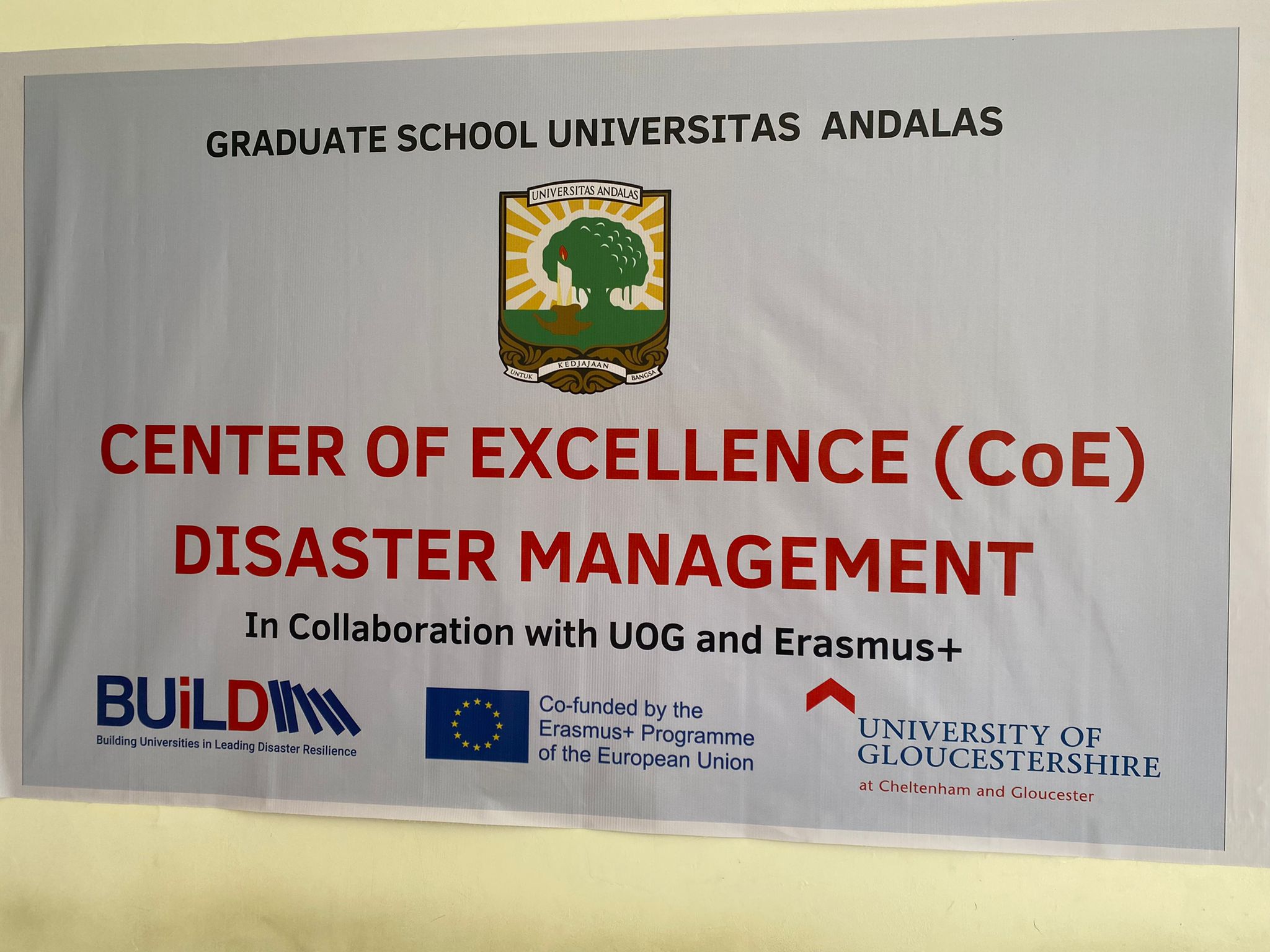Universitas Muhammadiyah Palu, Central Sulawesi, was severely affected by the earthquake, tsunami and liquefaction disaster in September 2018.
In the immediate aftermath on the 3rd October, the university formally established a centre in support of coordinating its disaster management activities. The centre concentrates on activities related to emergency response during a disaster that include search and rescue (SAR) activities, evacuation, emergency assistance, and the provision of public kitchens and refugee locations, and the building of houses.
The University has a long-term goal and commitment to improve disaster resilience by launching disaster management activities including prevention, mitigation, preparedness activities, early warnings as well as post-disaster activities including recovery, rehabilitation and reconstruction activities.
It has a strong network with various partners including government colleges, emergency services, communities, businesses, disaster aid and fundraising organisations. Partnership work is aimed at designing frameworks for cooperation, transfer of knowledge and the development of joint response strategies in the event of local disasters or disasters elsewhere.
In view of implementing the different elements of the BUiLD Disaster Resilience framework, the university has started to review and update their curricula and is involved in the implementation of disaster-based learning models, field work practice and thematic studies in community and disaster-based research, disaster-based counselling and training and community development.
Long-term activities that are envisioned include disaster adaptation and mitigation until recovery with the development of research and services to restore and enhance economic potential and livelihoods across Central Sulawesi. Like Universitas Ahmad Dahlan, the university is part of the Muhammadiyah Foundation.

